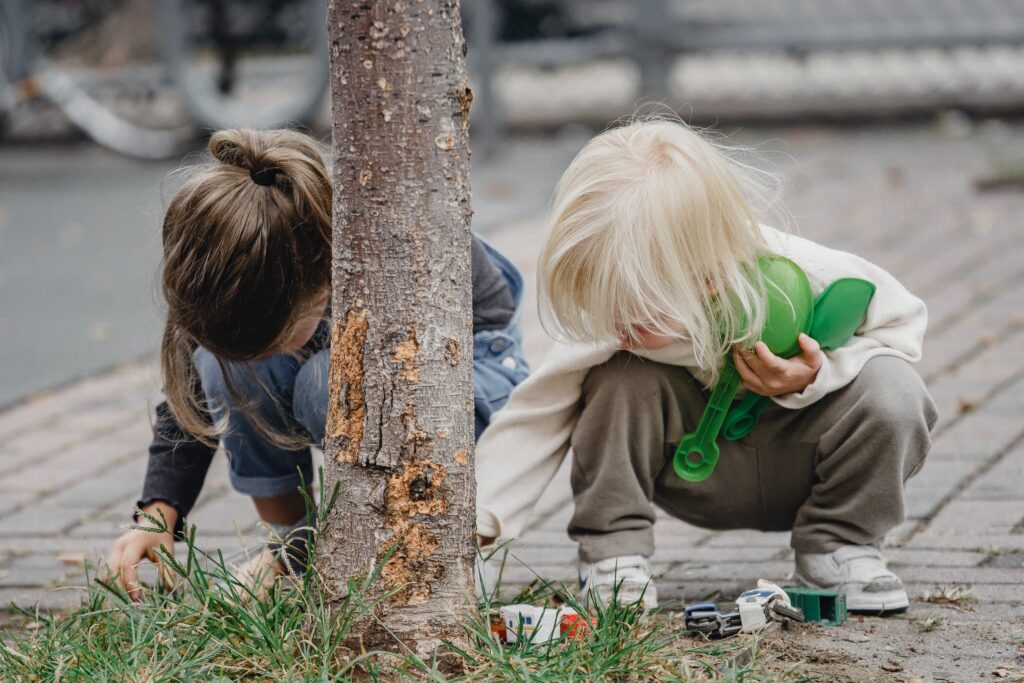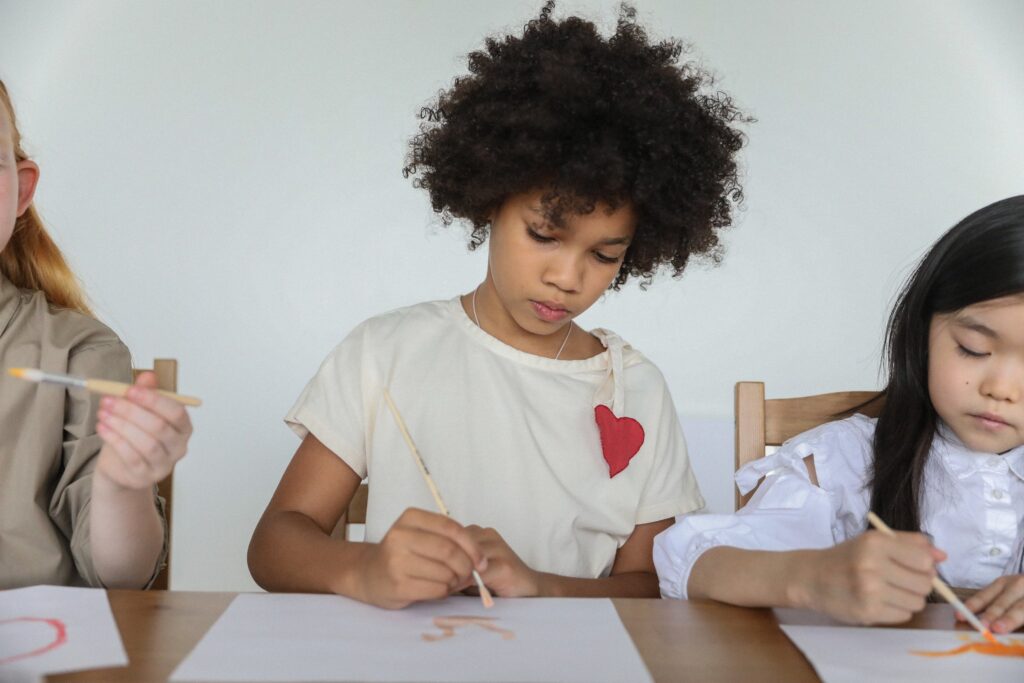Focus is the ability to concentrate on one task at a time. It is the key to success in school, work, and life.
The how to improve focus and concentration is a blog post that teaches the reader how to improve their focus and concentration.
The ability to pay attentively is a superpower. Children cannot access the curriculum without it. Fortunately, focusing is a simple process. With these easy games and activities, we’ll teach you how.
Many parents are concerned that their kid won’t be able to sit still for more than a few minutes and will struggle to focus in school.
Being able to ‘sit politely,’ rightly or incorrectly, is a behavior that most instructors would applaud, not only because it’s difficult to educate a room full of pin-balling kids, but also so that kids learn how and when it’s time to concentrate.
Simply said, students who can’t manage their thoughts and bodies when they need to will have a more difficult time progressing through the curriculum. How can you learn if you are unable to concentrate?
The good news is that most of us have seen our kids remain immobile in front of CBeebies or on a tablet for long periods of time. Here’s evidence that they can be completely focused and fidget-free when they need to be (but this isn’t to say that hours spent watching Mr Bloom is the greatest method to improve your child’s attention abilities!)
Here are some suggestions for improving the ability of paying attention, which is comprised of three basic abilities: listening, looking, and concentrating.
The Game of Kim:

Fill a tray with six to eight random objects, such as a hairbrush, cup, shoelace, or banana. Ask your kid to take a look at the tray and attempt to remember what’s on it. Cover the tray with a tea-towel after no more than 20 seconds and ask your kid to look aside while you remove an item from the tray and remove the tea-towel. Then have your kid look at the tray again and attempt to recall which thing has vanished.
Identify the Differences:
This easy, enjoyable exercise, which can be found in most children’s magazines, requires keen observation abilities. Our artist, Evgeniya, has created one of Ferdinand, the One Hundred Toys fox, which you may download for free.
The Where’s Wally novels are a continuation of this concept (and are a great way to win five minutes silence on a long car journey)
Walking while listening:
Make a list of the noises you’ll likely hear while walking. It might be seagulls or a stream, traffic signs or music from a store, for example. Give your kid a clipboard and a pencil, and have him or her write down all the noises that they hear.
Simon’s Take:
This is a popular game for staying focused, particularly if you’re playing with pals. One player assumes the character of Simon and gives orders (usually physical actions like stand on one leg or put your fingers in your ears.) The other players should follow Simons’ orders, but only if they are preceded by the phrase “Simon Says.” As each player is removed for doing something they shouldn’t, the game will be won by the person who listens and differentiates between real and false instructions.
Attend a performance:
A children’s concert or other event, such as a play, is a great way to get ready for assembly or story time.
Coloring books and magazines:

Activities that demand a long duration of concentrated attention are excellent practice for focusing on one subject. Coloring sheets, word searches, and pen-control exercises can all assist your kid in feeling prepared when asked to settle down at school.
Paying attention is the closest thing a schoolchild may have to a superpower. They are able to learn and have fun through being able to observe, concentrate, and remain on target. Art, athletics, and music need just as much attention as academic achievement. Most four-year-olds struggle with it, but the benefits are well worth the effort.
The psychology of focus is a great article that discusses how to focus. It covers topics such as the need for focus, what happens when you don’t have enough time, and more.
Frequently Asked Questions
How can I trick my brain to focus?
If you are struggling with your focus, try to take a break from whatever youre doing. Give yourself some time to rest and clear your mind.
Is focus a learned skill?
Yes, focus is a learned skill.




